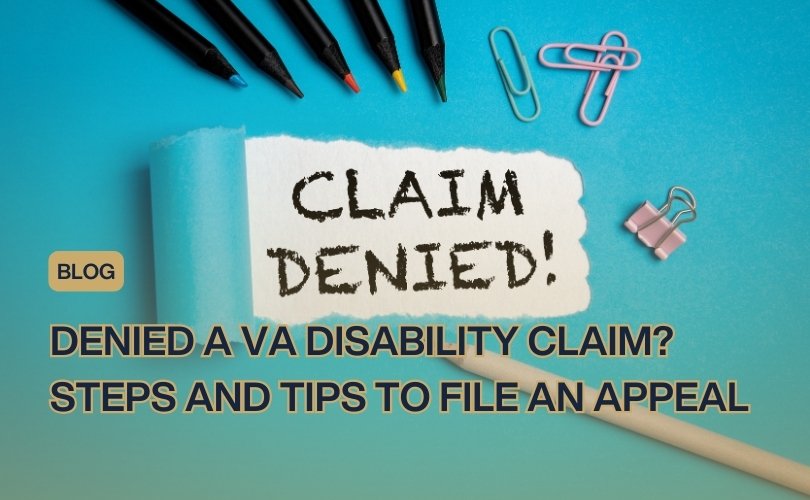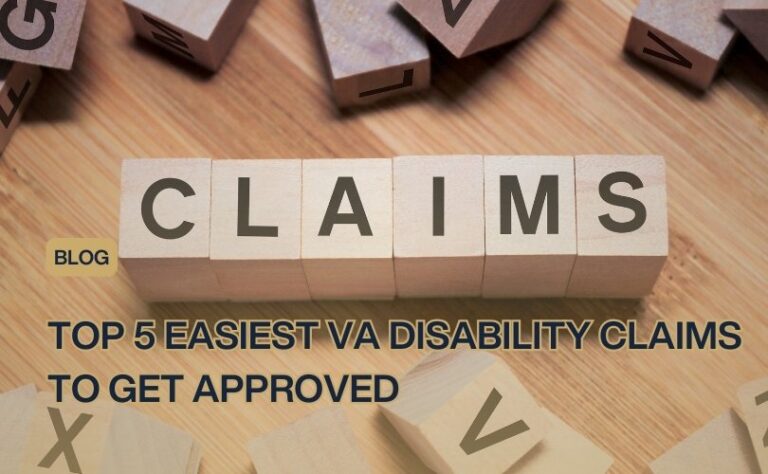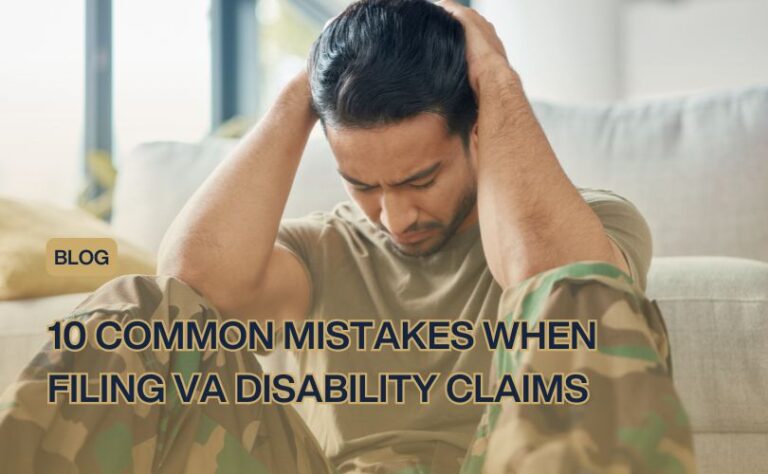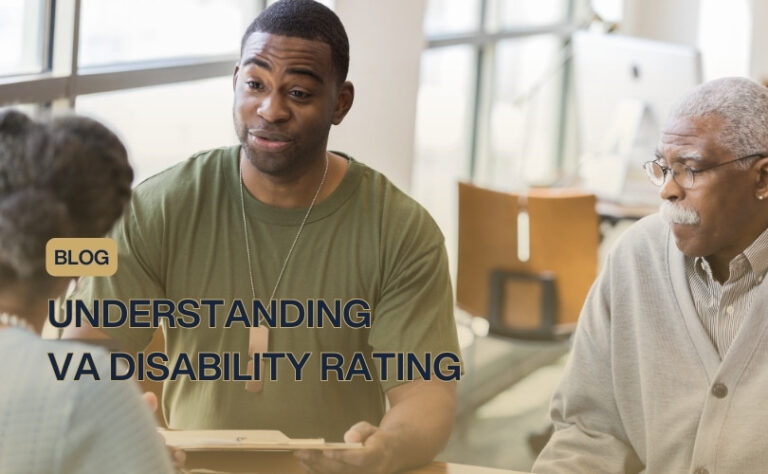
Here at Veterans Choice DBES service, we understand more than anything else about the struggles in receiving a denied VA disability claim. For many veterans, this can be extremely disheartening to the point that they will give up on their VA claim.
The VA process, however, is not absolute; mistakes can still happen during the claims process through no fault of the veterans. Sometimes, getting educational and coaching assistance on why your VA claims denial occurred can help you attain an appropriate appeal.
Let’s explore more of this further.
Understanding Your Denial
The VA will always provide a detailed reason for their decision process via a letter. The letter will contain the specific reason why your claim is denied. It usually outlined the following:
- Pieces of Evidence Considered To Evaluate Your Claim
- Service Connection
- Existence of Current Disability.
Understanding and reviewing the decision letter will provide you with the basis for why your VA disability claim denial occurred and will help you determine the necessary steps to move forward.
Common Reasons for Disability Claims Denial
A denied VA disability claim can happen for several reasons, including:
- Lack of medical evidence: Insufficient documentation proving service connection.
- Failure to establish service connection: VA does not recognize the condition as related to military service.
- Missed deadlines or paperwork errors: Incomplete applications or late submissions.
- VA examiner disputes severity: The VA may determine that your condition does not meet the required disability rating.
However, if you are confident about your records and ensure that your conditions are service-connected, then try to determine if there are any errors in the VA’s review process. It can either be one of the following:
- Overlooked medical records
- Wrong interpretation of evidence
- Legal errors
Once you’ve identified these mistakes, you can take action toward appealing a denied VA disability claim.
Best Way to Appeal a VA Disability Claim: Choosing the Right Appeal Path
The VA offers three main appeal options, allowing you to choose the most suitable course of action based on your situation.
Supplemental Claim
This is ideal if you have gathered new and relevant evidence that you have provided during the original, or initial, claim.
This will give you the chance to present supplementary evidence that can bolster the validity of your service-related claim. This can involve:
- New medical records
- An additional statement from a healthcare provider
- Service documents
Higher-Level Review
HLR—or Higher-Level Review—should involve a senior review from the VA. If you have the firm belief that the initial decision was an error from the initial review, this process is ideal since it will take on a newer perspective or a “fresher eyes.”
An HLR should be filed one year from the date you received your decision letter.
Board of Veterans’ Appeals
For complex cases, you may escalate your claim to the Board of Veterans’ Appeals. You can:
- Submit additional evidence
- Request a direct review
- Opt for a hearing before a Veterans Law Judge
Appealing VA Decisions: Gathering and Submitting New Evidence
Regardless of the appeal path you choose, strong evidence can significantly improve your chances. Consider gathering:
- Private medical reports: Detailed assessments from specialists
- Buddy statements: Testimonies from fellow veterans or family members confirming your condition
- Service treatment records: Documentation linking your condition to military service.
Filing Your Appeal
Each appeal method has specific filing procedures:
- Supplemental Claims: Use VA Form 20-0995
- Higher-Level Review: Submit VA Form 20-0996
- Board Appeals: File VA Form 10182
Ensure all forms are accurately completed and submitted within the required timeframes to avoid delays in appealing VA decisions.
Preparing for Hearings and Interviews
If your appeal involves a hearing, proper preparation is key. Steps include:
- Reviewing your case file thoroughly
- Practicing responses to possible questions
- Bringing supporting documents to reinforce your claim
Monitoring Appeal Progress
After filing your appeal, you can track its status through:
- VA.gov: Log into your account to check updates
- Calling the VA hotline (1-800-827-1000): Speak with a representative
- Consult your VA claims consultant: Professional assistance can ensure smooth tracking
Next Steps After Appeal Decision
Once the VA reaches a decision, you will receive a notification outlining:
- Approval and updated rating: If granted, you will see an increase in your VA disability benefits.
- Denial with further options: You may escalate your appeal to a higher level or provide additional evidence.
Utilizing Professional Help
The VA appeals process can be highly complex, but you don’t have to navigate it alone. Seeking education and coaching guidance from a VA disability claims consultant can make a significant difference. Professional assistance helps with:
- Case evaluation
- Evidence gathering
- Legal representation during hearings
If you need support with your appeal, explore Veterans Choice DBES service for expert guidance on securing the benefits you rightfully deserve.




